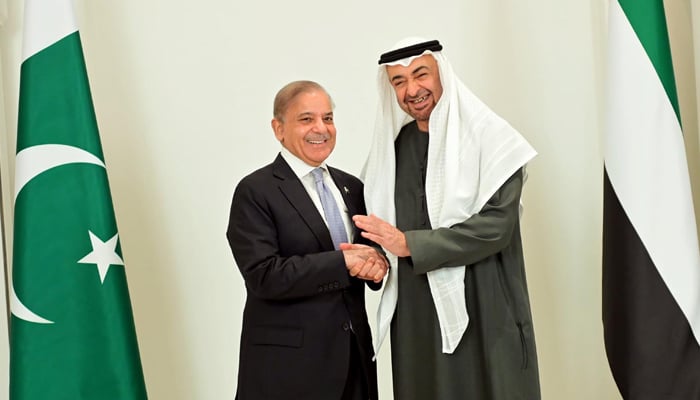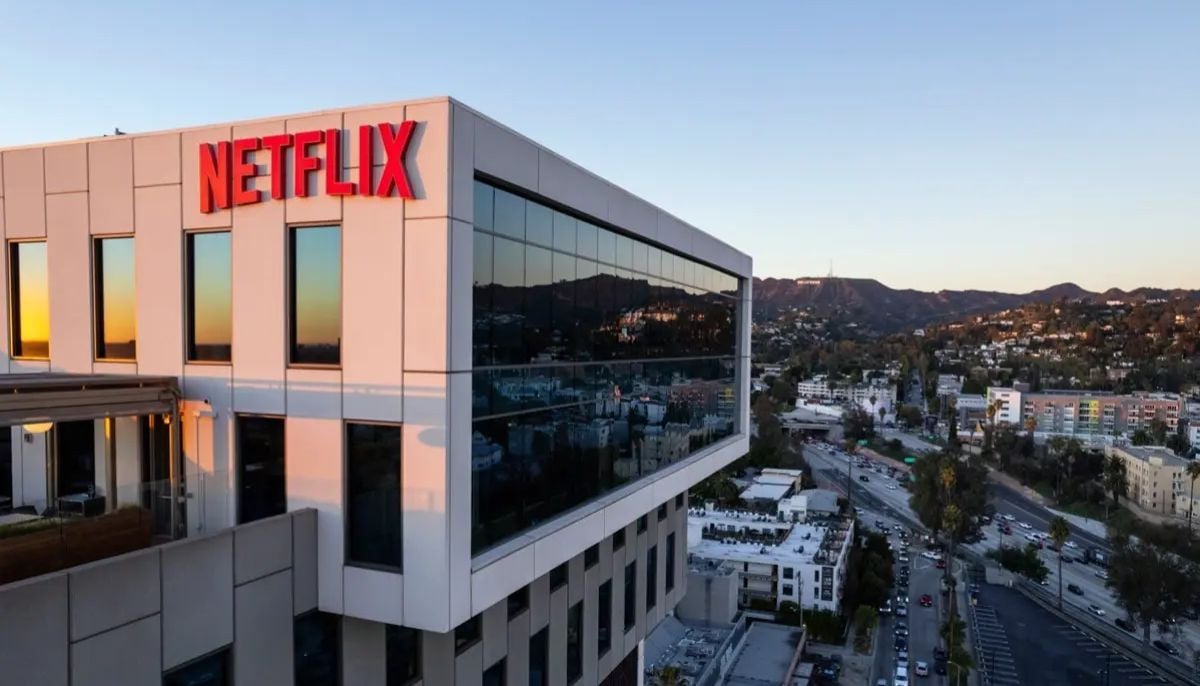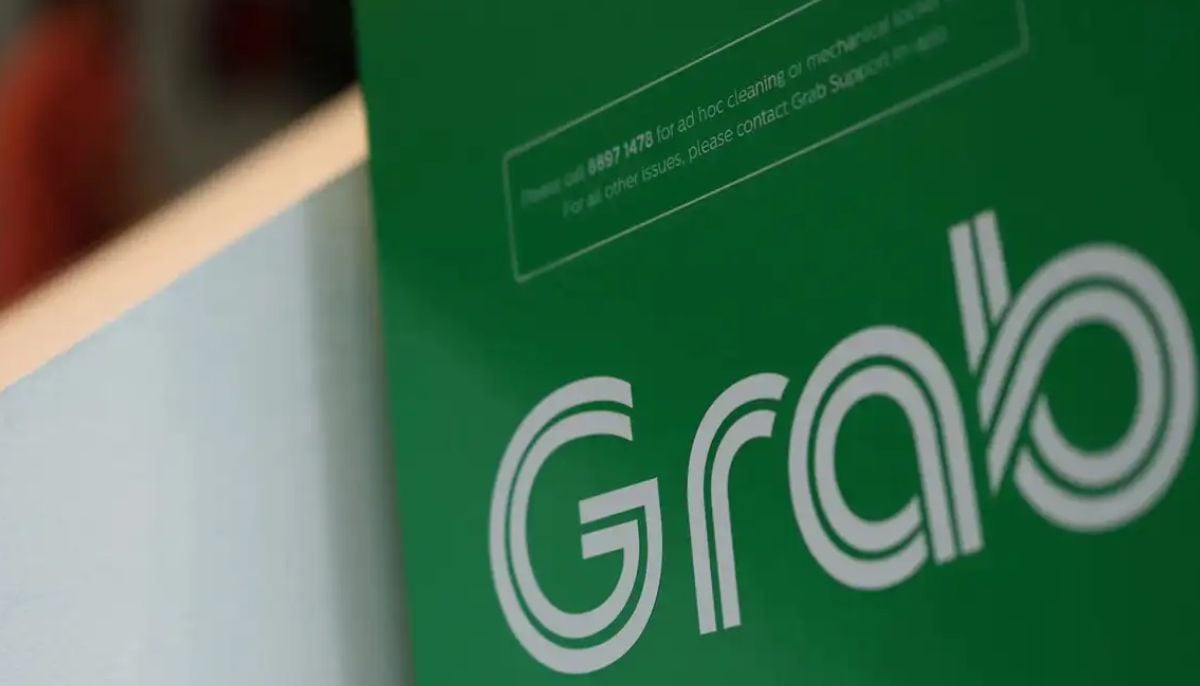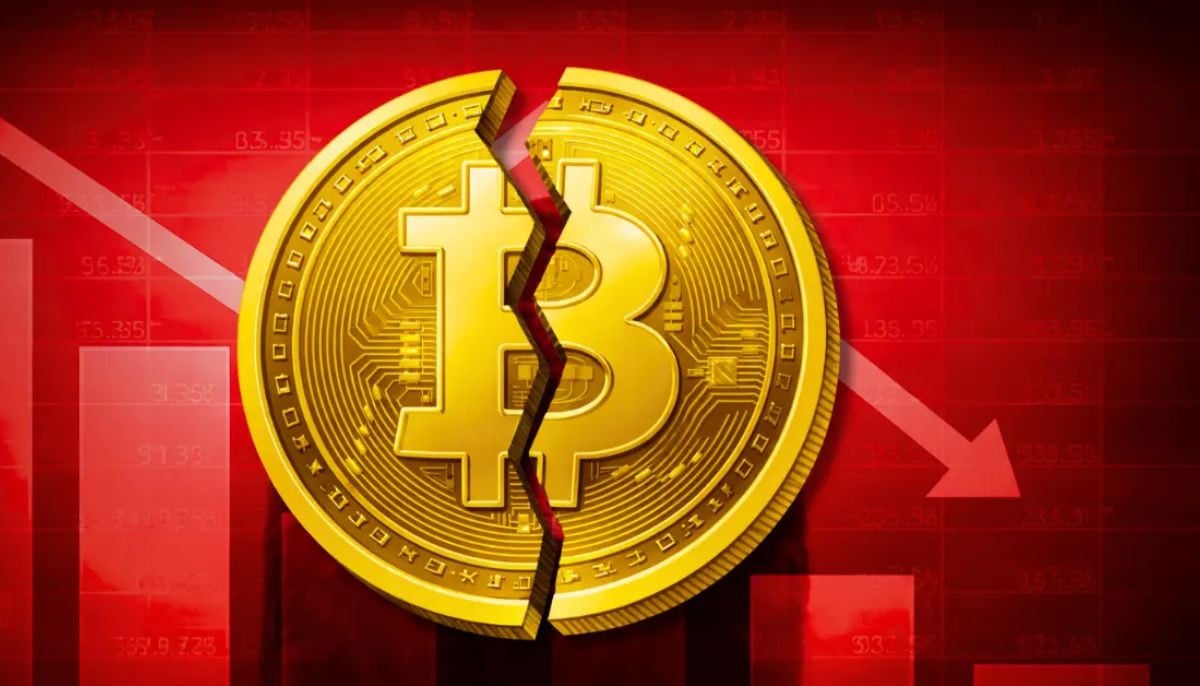UAE allocates $10bn for investment in Pakistan
Development comes after PM Shehbaz's meeting with UAE President Sheikh Mohamed bin Zayed
DUBAI: In an encouraging development, the United Arab Emirates (UAE) has allocated $10 billion for investment in Pakistan, the Prime Minister's Office said Thursday.
The development came after Prime Minister Shehbaz Sharif's meeting with UAE President Sheikh Sheikh Mohamed bin Zayed Al Nahyan in Abu Dhabi, the capital of the Gulf state, where the premier is on a day-long visit.
The decision has been take "to strengthen the Pakistani economy, support it, and enhance cooperation between the two countries", UAE's WAM news agency reported.
Pakistan is seeking investment from brotherly nations to boost its economy as the Pakistan Muslim League-Nawaz (PML-N) government explores avenues to boost reserves and reduce high inflation.
Saudi Arabia, as per federal ministers, has also pledged to expedite $5 billion in investment, while the kingdom's foreign minister said last month that Riyadh will be "moving ahead significantly" to invest in projects in Pakistan.
In his maiden visit as elected prime minister, Shehbaz Sharif also told an event that Pakistan is seeking collaboration with friendly nations as "gone are the days" when officials will visit brotherly countries with begging bowls.
"Gone are the days that I will go to our brotherly countries with begging bowl. I have broken that bowl," the premier said.
The country's total foreign exchange reserves stand at a comfortable position of $14.5 billion, as of May 17, while the State Bank of Pakistan-held reserves are at 9.15 billion after a meagre increase.
Pakistan also last month completed a short-term $3 billion programme, which helped stave off sovereign default, but the government of Prime Minister Shehbaz has stressed the need for a fresh, longer-term programme.
Pakistan narrowly averted default last summer, and its $350 billion economy has stabilised after the completion of the last IMF programme, with inflation coming down to around 17% in April from a record high 38% last May.
It is still dealing with a high fiscal shortfall and while it has controlled its external account deficit through import control mechanisms, it has come at the expense of stagnating growth, which is expected to be around 2% this year compared to negative growth last year.
Pakistan is seeking at least $6 billion and request additional financing from the Fund under the Resilience and Sustainability Trust.
However, the IMF has conveyed to the Pakistan authorities that the next bailout package under the Extended Fund Facility (EFF) would only be considered after presenting an aligned upcoming budget and securing its approval from parliament, according to report published in this newspaper.
-
BTC price today: Bitcoin sinks below $65K on trade uncertainty
-
Tesla expands Cybertruck lineup with affordable model in US, slashes Cyberbeast price to boost demand
-
Uber enters seven new European markets in major food-delivery expansion
-
Will Warner Bros finalize deal with Paramount or stays loyal with Netflix's offer?
-
$44 billion Bitcoin blunder: Bithumb exchange apologizes for accidental payout
-
Global memory chip crunch puts spotlight on Apple; Will iPhone become more pricey?
-
Bitcoin plummets toward $60,000 as investors dump risky bets
-
Bitcoin crashes below $63K as regulatory pressure and market fears grow












